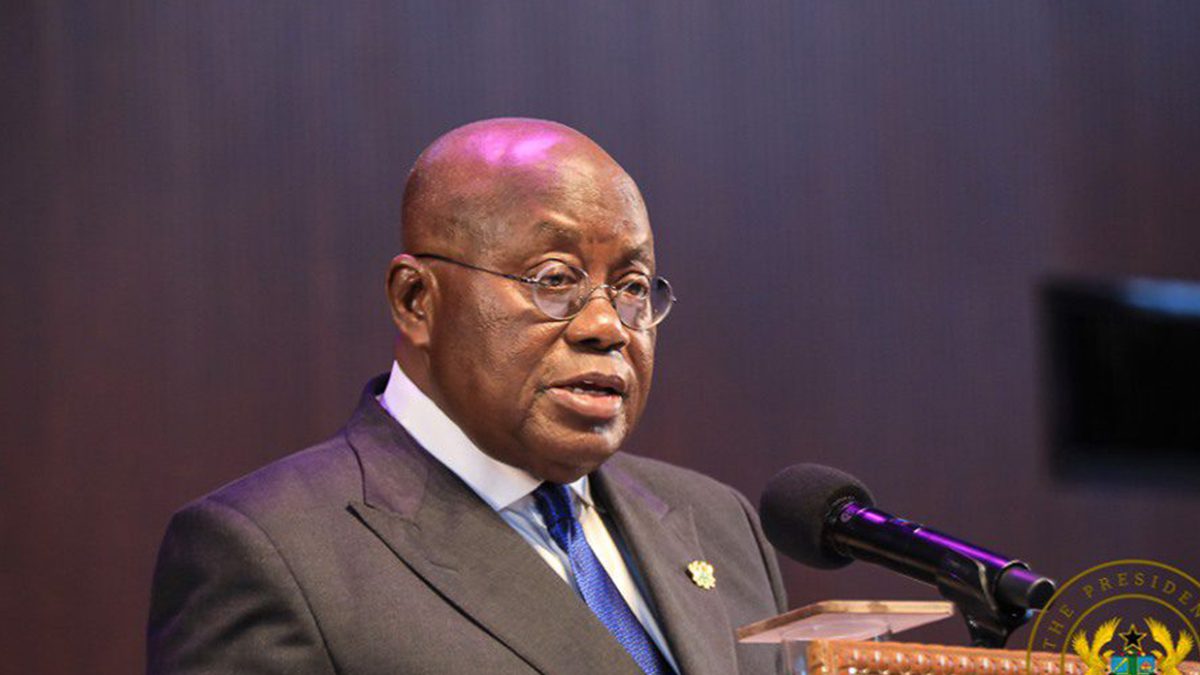In a recent report by Bloomberg, Ghana’s Finance Minister, Ken Ofori-Atta, has expressed confidence in the ongoing negotiations with official creditors regarding the terms of a debt restructuring. A crucial meeting is scheduled for January 8 to finalize the details of the agreement.
Anticipation for IMF Board Assessment and $600 Million Disbursement
Once an agreement is successfully reached, the next milestone is the assessment by the International Monetary Fund (IMF) executive board. This assessment is part of the program initiated in May, and the positive outcome could pave the way for the approval of a significant $600 million disbursement. This disbursement is the second part of Ghana’s $3 billion bailout package.
Despite facing some delays in the negotiation process, Finance Minister Ofori-Atta is optimistic that the IMF executive board will convene on January 18. This crucial approval not only unlocks the IMF funds but also triggers the release of two disbursements from the World Bank, totaling $550 million.
World Bank’s Commitment to Ghana’s Financial Stability
The World Bank has committed $300 million in budgetary support and an additional $250 million toward Ghana’s Financial Stability Fund. According to Minister Ofori-Atta, this commitment puts Ghana in a favorable position. The disbursement for budgetary support is expected by the end of this month, providing a timely boost to Ghana’s financial situation. Simultaneously, the contribution to the Financial Stability Fund, designed to aid financial institutions affected by domestic debt restructuring, is anticipated to arrive by the end of February.
Ghana’s Debt Restructuring Journey
In June, Ghana took proactive steps to address its financial challenges by striking a deal with banks to restructure $1.36 billion in locally issued U.S. dollar bonds and cocoa bills. This strategic move was aimed at meeting an International Monetary Fund (IMF) deadline and prioritizing discussions with foreign creditors.
However, by September 2023, Ghana found itself in a more critical situation, filing for bankruptcy after failing to meet obligations to international creditors in 2022. Among the three African countries grappling with debt repayment challenges, Ghana took the bold step of halting payments on the majority of its $28.4 billion external debt.
Challenges and Opportunities Ahead for Ghana
As Ghana navigates the complexities of debt restructuring and engages with international financial institutions, challenges persist. However, Finance Minister Ofori-Atta remains optimistic about the positive outcomes anticipated in the coming weeks. The financial support from the IMF and World Bank, coupled with the commitment to the Financial Stability Fund, positions Ghana on a path toward economic recovery.
In the context of global economic uncertainties, Ghana’s ability to secure these disbursements and successfully implement its debt restructuring plan becomes a critical case study. The outcomes of the upcoming meetings and assessments will not only impact Ghana’s immediate financial standing but may also set a precedent for other nations facing similar challenges in the ever-evolving landscape of international finance.
Source: BusinessInsider



















Leave a Reply